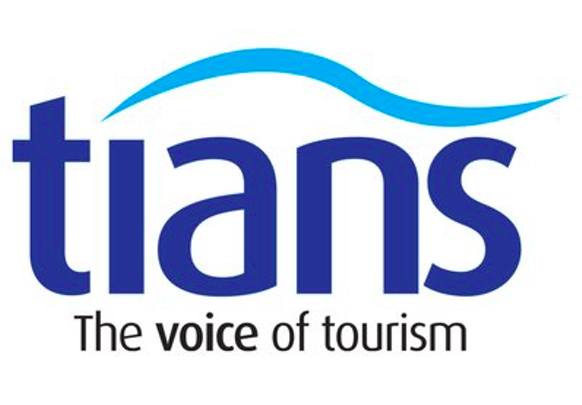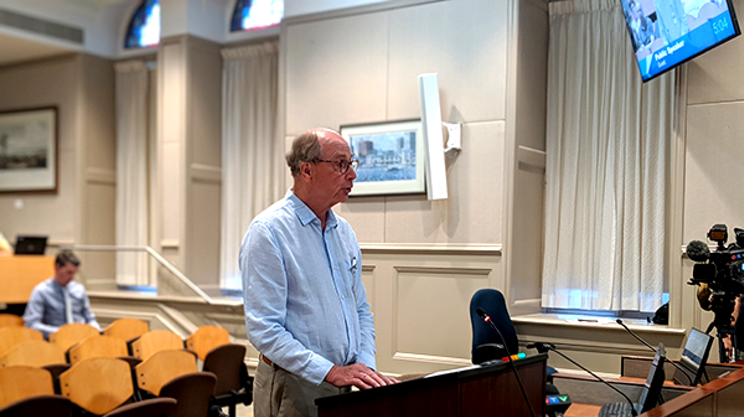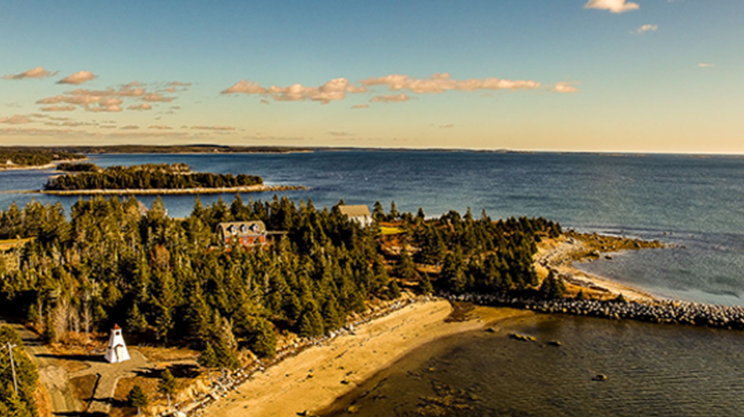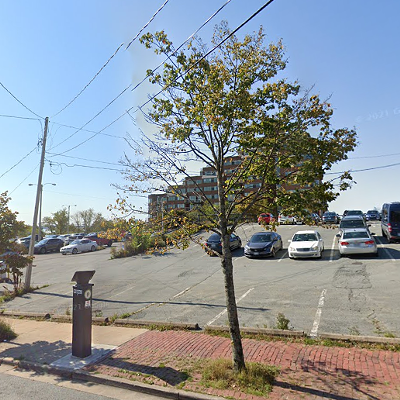A working group report on the regulation of online accommodation sharing websites like Airbnb and VRBO has input from just about every relevant stakeholder—except the tourism industry.
The only representatives from the Tourism Industry Association of Nova Scotia at the table pulled out of the working group after two meetings.
The provincial tourism department formed the working group to make new recommendations for regulating short-term rentals hosted through online platforms, such as Airbnb.
Representatives of TIANS, however, walked out instead of providing “industry perspective.”
Requests to interview TIANS President Darlene Grant Fiander about the reason for the walk-out were declined, but the group did issue its own response last week to the working group’s report.
Set up a year ago by business minister Geoff MacLellan, the working group consisted of 11 government officials from six provincial departments and 14 industry stakeholders, including representatives from Airbnb, Volta Labs and members of the Nova Scotia Federation of Municipalities.
Its final report is heavily in favour of online, short-term rental platforms, saying
The tourism industry disagrees. Although representatives from TIANS say they support the new sharing economy because it can increase the supply of rental accommodations for tourists, they disagree with several major points of the working group’s report.
“Voluntary compliance does not go far enough to change [the] current situation, [and] just supports the status quo,” they write.
In its response to the province, TIANS says regulatory mechanisms like the Accommodation Act should remain in place. Although it goes back to the ‘90s and includes outdated restrictions, TIANS says the act still has regulations that are relevant to commercial operators today.
David de Jongh, a former member of the tourism industry association who owns and operates Seawind Landing Country Inn with his wife in Charlos Cove, says the act provides a number of protections for commercial operators. For example, it enables innkeepers to keep luggage if the guest skips out on their bill.
The working group didn’t offer any recommendation for a body of policies to replace the Accommodation Act if it is scrapped, which is why the tourism industry should have been at the table, says de Jongh. Without input from TIANS, he believes the working group’s report doesn’t reflect the concerns of Airbnb’s main competitor.
Four of the references in the report were studies published by Airbnb, he notes, and the recommendations of the working group heavily emphasize the importance of Airbnb to local economies.
It may be predictable that Airbnb would hand in positive assessments of itself, but de Jongh says TIANS could have brought other research to challenge those assessments and level the playing field.
“TIANS had an opportunity to present an industry view and were given ample opportunity by a seat at the table,” he says, “but decided for whatever reason not to.”
He’s also
“If they didn’t have a prior arrangement with the minister, they’re really putting their opportunity to provide perspective at risk.”
A final decision from the province responding to the working group’s recommendations is expected this spring.





















